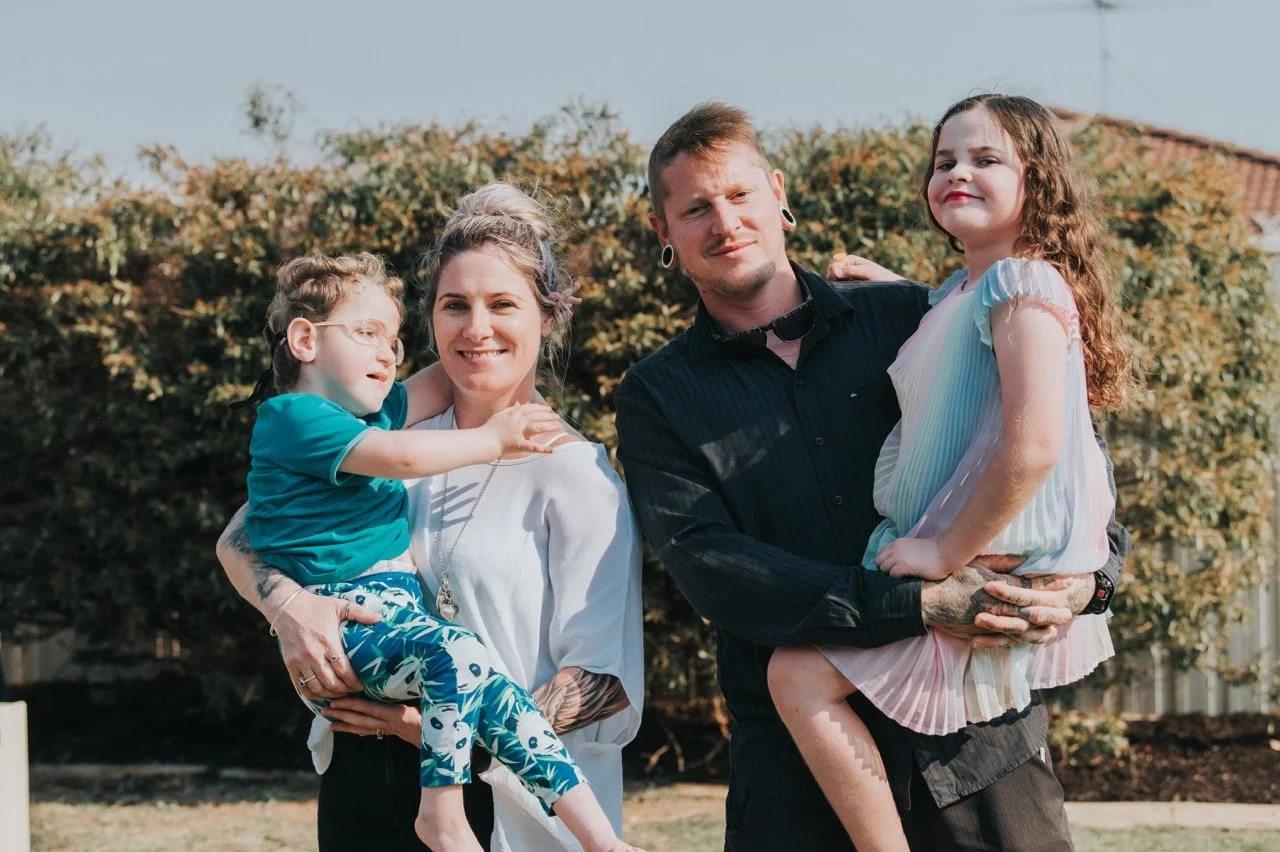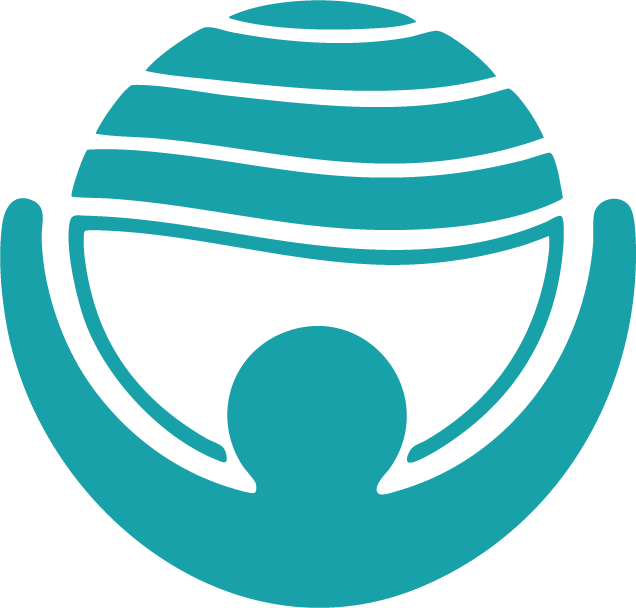RippleAbility Respite Centre: Integrated Support for Families
A first-of-its-kind model in WA, built around the real needs of families caring for children with disabilities and medical complexities.
Generously supported by:
A New Respite Model for Parent Carers of Children with Profound Disabilities and Medical Complexities
For too long, respite has meant handing over care with little trust and no continuity. The RippleAbility Respite Centre is different.
It’s built with families, not just for them. Our program is a direct response to the gap in care for children with complex needs who are not in palliative care, yet are too medically complex or have significant needs that make typical childcare settings impossible to access. This first-of-its-kind model in WA is built around the real needs of families.
In this model, respite is part of a coordinated, relational support model that recognises the needs of the whole family. Our pilots are the foundation for a future where carers can rest, reset, and rebuild with confidence.
Our first three pilot centres are opening across Western Australia:
Stirling – October 2025
Mandurah – November 2025
Joondalup – January 2026
These pilots are the foundations for something larger: a movement toward national reform, ensuring that no family of a medically complex child, with significant disability support needs is left to do this alone.
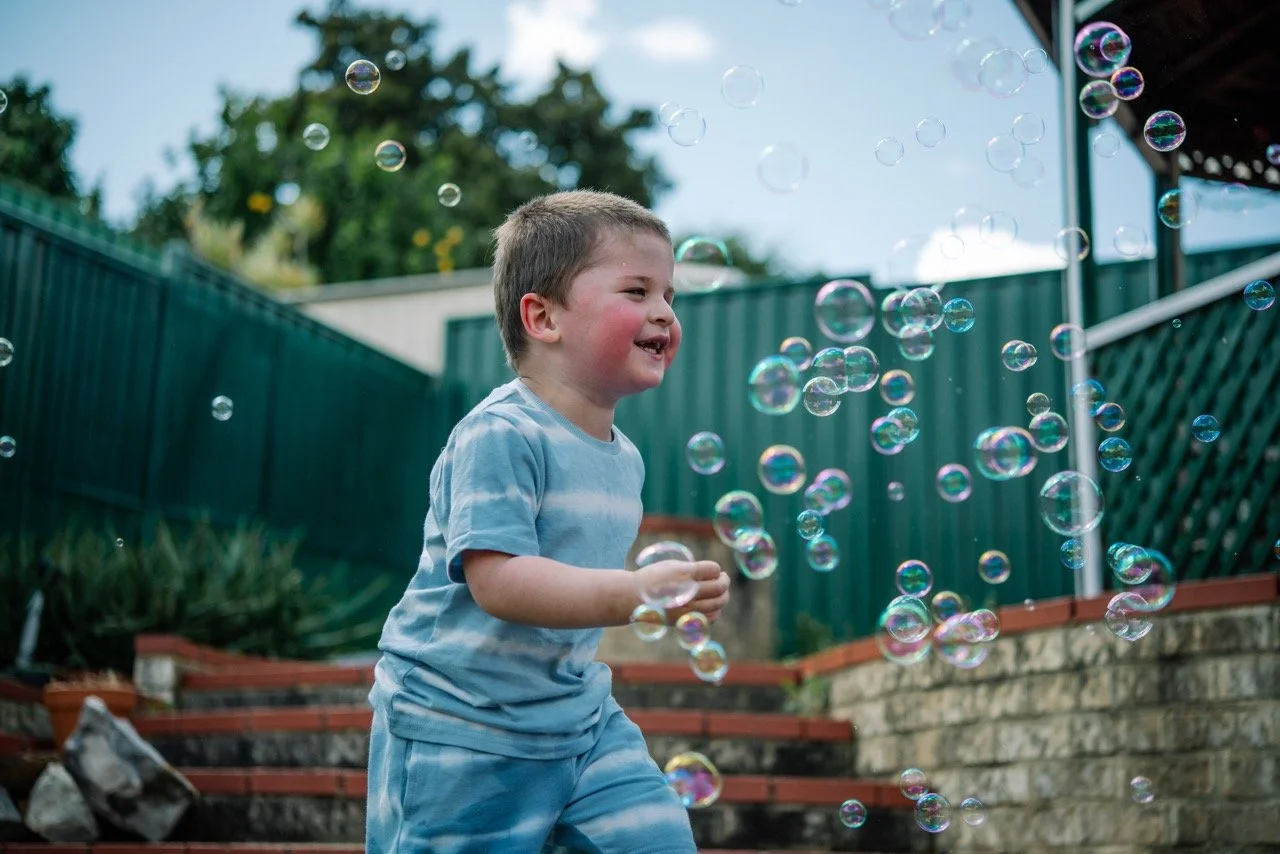
Service Model: The Respite Centre Design
Our Respite Centre is built on an integrated model that provides compassionate care for children and crucial support for carers and siblings. Our program is delivered in partnership with leading community organisations to ensure a high standard of support quality and care.
Four Service Pillars
Carer Coaching – Build skills, confidence, and resilience through one-on-one coaching and small group workshops.
Allied Health – Access therapies tailored for children with complex needs, delivered through proven approaches.
Childcare – Play-based, inclusive programs delivered with Goodstart, designed for children who can’t access mainstream childcare settings.
On-Site Nursing – Skilled medical support through our partnership with Hannah’s House, ensuring children’s safety and complex care needs are met.
Service Delivery Partners
Our Respite Centres are powered by trusted partners who bring heart, expertise, and deep commitment to families of children with complex needs. This collaboration ensures every family receives wraparound care from a team that truly understands.
Goodstart Early Learning
Our trusted early learning partner, providing inclusive childcare where every child feels safe, supported, and celebrated.
Hannah’s House
Hannah’s House provides on-site nursing and complex care, supporting children with medical needs to safely thrive in our respite setting.
RippleAbility
Delivering carer coaching and integrated services to ensure families feel supported, informed, and connected.
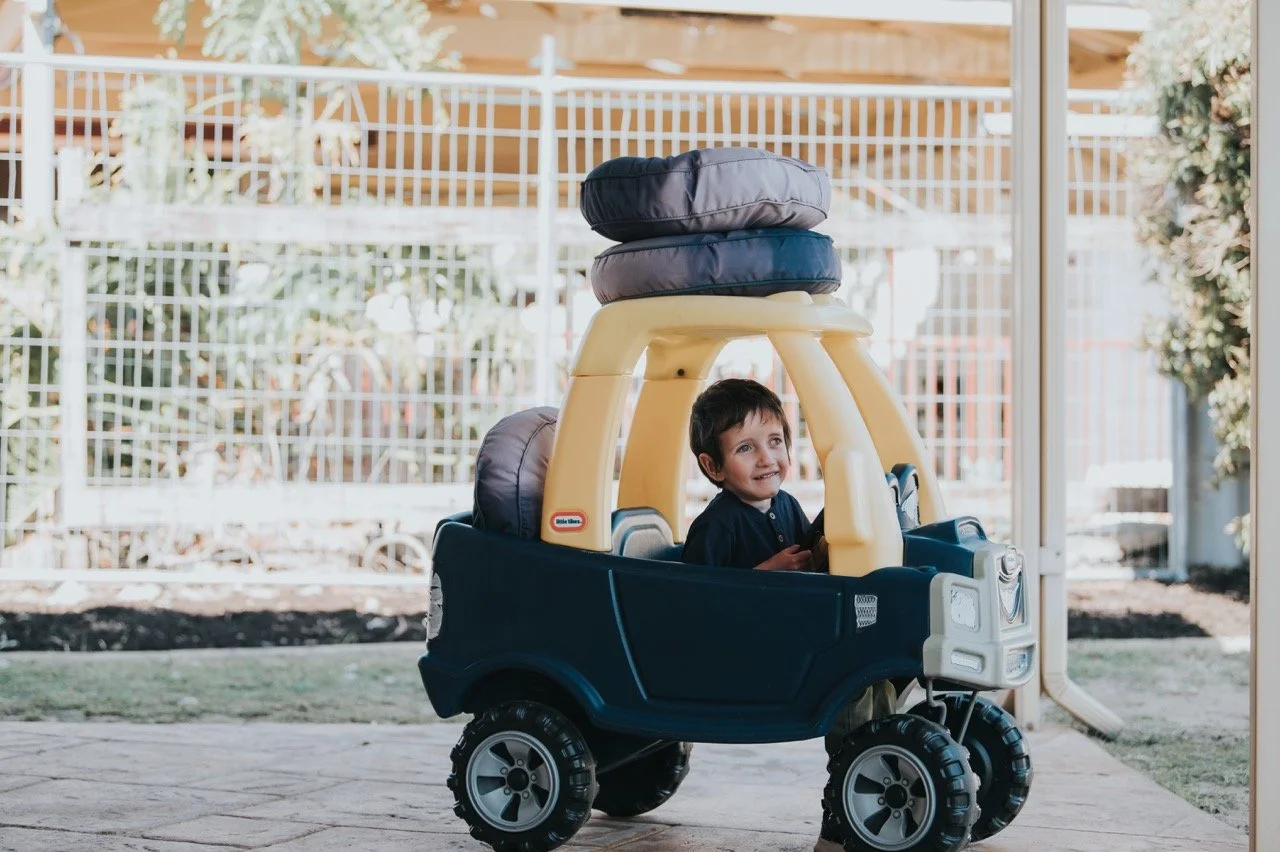
Facility Features: Designed for flexibility. Delivered in trusted community spaces
Every family is different, and so are the spaces we use. While our long-term vision is to build a purpose-designed ‘plugin model’ for existing ECEC facilities, our pilot phase is about learning what works best by embedding respite within existing community facilities. Each site has been chosen for its safety, accessibility, and family-friendly atmosphere.
-

Stirling
The Smith Family Child & Parent Centre, Westminster, with safe indoor areas and outdoor play.
-

Mandurah
Enhancing Learning Mandurah, with sensory-friendly rooms and therapy spaces.
-

Joondalup
The Joondalup Family Centre, offering welcoming community halls and family spaces.
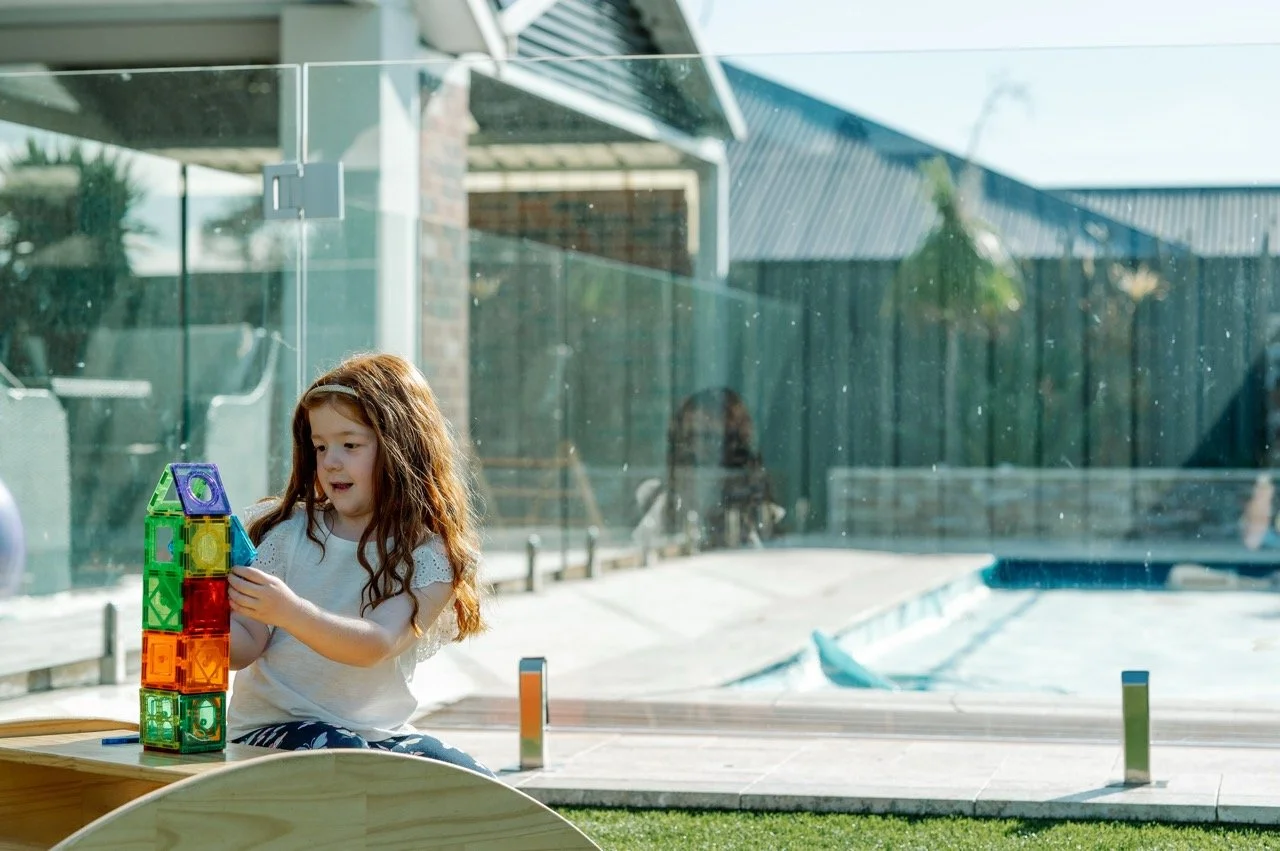
Our Evidence-Based Approach
We’re committed to building a model that works not just in theory, but in the lives of families. As part of this pilot we’ll collect plain‑language data from parents and carers about what they need most, which space types feel safest and most supportive, and how our services impact their wellbeing. Research shows that data collection and performance measurement are essential for continuous quality improvement and to demonstrate the benefits of respite care for caregivers and families, and we’re applying those principles here. The insights we gather will refine our model, inform policy reform, and ensure no carer is left navigating this journey alone.
We’ll also share progress updates and plain‑English reports on this page, so check back to see how the program evolves and what we learn along the way.
RippleAbility Respite Centre Progress
Complete
Stirling Pilot
Complete
Mandurah Pilot
Jan 2026
Joondalup Pilot
Feb 2026
Preliminary Results Available
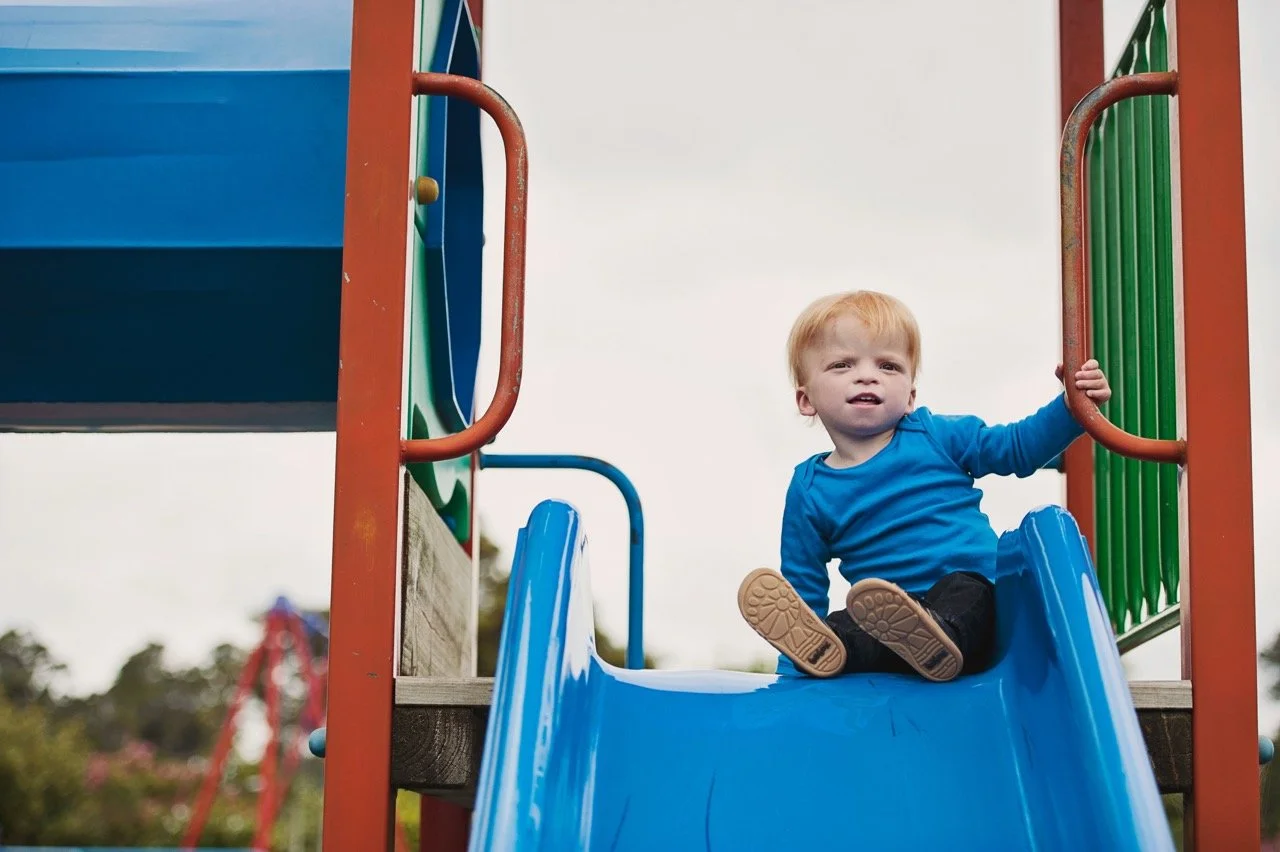
Questions & Answers
-
The RippleAbility Respite Program Pilot is for parent carers of children from birth to early schooling age (ages 0–9) who have disability and/or complex medical needs that aren’t fully supported in traditional childcare settings. It also offers support for their siblings.
-
While some children in our program may be NDIS participants, this program is designed to fill a gap in the system that goes beyond what NDIS or the Inclusion Support Program can typically cover. Our model provides a new level of integrated, holistic care.
-
The Inclusion Support Program helps early‑childhood services become more inclusive, but it isn’t a disability specific support program and doesn’t fund one‑on‑one care for children with ongoing high‑support needs. Under its guidelines, services cannot use the program to hire staff solely to provide medical or nursing assistance, and they must handle children’s medical needs within their own regulatory obligations. As a result, children with complex medical conditions often need more specialised support than the Inclusion Support Program is designed to offer.
-
While hospice offers compassionate care exclusively for children with palliative diagnoses, the RippleAbility Respite Program Pilot does not have this restriction. Our program fills the gap for families whose children have complex medical needs but who may or may not be in a palliative state. The focus of our centre is on providing crucial respite to the family unit, so they can rest, reset, and rebuild with confidence.
-
When we say “complex needs,” we’re referring to children who haven’t been able to access mainstream childcare because of their medical, behavioural, or diagnostic needs.
This could include (but isn’t limited to) children who:
Require specialised feeding, medication, or medical equipment
Have health conditions that need close monitoring or emergency response plans
Are awaiting a formal diagnosis or have a rare or life-limiting condition
Need high levels of support with mobility, communication, or personal care
Show behaviours that are hard to safely support in typical settings
Have overlapping developmental, physical, or neurological needs
In short, if your child has been turned away from childcare because their needs were considered “too complex,” this pilot is built with you in mind.
-
No. Our program is for young children, from birth to schooling age, who require a high level of daily care. This may include children with formal diagnoses, those still being assessed, or those with palliative diagnoses. What they all have in common is the need for safe, skilled, and compassionate care.
-
We are piloting our model in different community-based environments to gather insights into what families need most and what types of spaces offer the best support experience. These pilots are a critical step toward designing a purpose-built ‘plugin model’ for existing ECEC facilities in future stages.
-
No — this is not a playgroup. The RippleAbility Respite Program is a structured, therapeutic service designed for children with complex care needs and their families.
While play is a central part of how we support children, the program is facilitated by trained professionals with experience in health, education, and disability support. Each session is designed to provide high-quality care tailored to the child’s individual needs, while carers participate in coaching and connection activities in a separate space.
This program is about respite, skill-building, and whole-family support — not casual or drop-in play.
Expressions of Interest
We’d love to hear from you if you’re interested in the RippleAbility Respite Centre. Completing this short form helps us plan our services, schedule pilot sessions, and keep you updated as new dates and locations open. Your information will remain confidential and used only for program planning.


